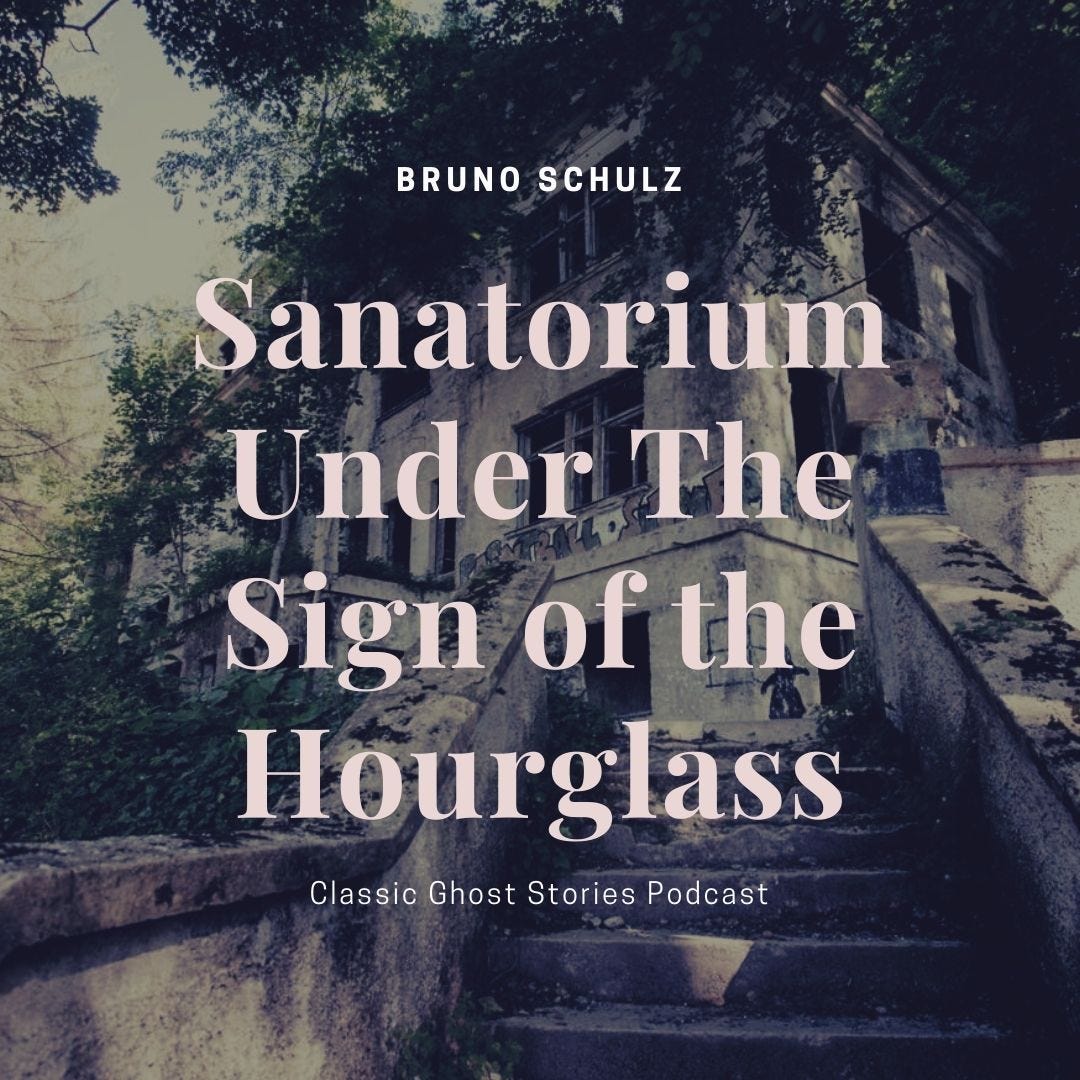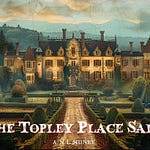
Bruno Schulz
Bruno Schulz was a Polish writer. He was born in 1892 in Austrian Galicia. In those days that part of historical Poland was under the control of the Austro-Hungarian Empire. Now it is part of Ukraine. His family were well-off traders who owned a dry goods shop. I'm not wholly sure what that is, though I think I knew when I was younger.
After the First World War, Austrian Galicia became part of Poland. Schulz was 26 when that happened. His home town was a drab industrial place, predominantly Jewish, at least until the Holocaust. Schulz lived there most of his life.
Schulz was interested in the arts from his youth and studied design in Lviv. He then went to Vienna to study architecture for two years but returned to his home town to the school he had himself attended and became a teacher of arts and crafts. He is said not to have liked teaching much, but he entertained the pupils by telling them stories.
He was Jewish, and before the Nazi partition of Poland, there was a thriving Jewish community in his hometown. He wrote in Polish but was fluent in German too.
Like many writers, he was inspired to continue writing even though he received little encouragement at first.
He gained success after he went to see a famous Polish novelist, who was reputedly not too keen on seeing him at first, thinking him just another wannabe writer. However, after hearing him read out the first page of his work, she asked him from the manuscript and declared she had discovered a new genius of Polish literature.
His first collection of stories was published in 1934 called The Cinnamon Shops in English though it is often known as The Street of Crocodiles. Three years later he published Sanatorium Under The Sign of the Hourglass. He illustrated his own books.
In 1936, he translated Franz Kafka (1883-1924)'s The Trial into Polish. Kafka who wrote in German was also Jewish and also from territory that had belonged to the Austro-Hungarian Empire.
He was awarded the Polish Academy of Literature's Golden Laurel award in 1938.
In 1939 the Nazis came. He was writing a novel at the time, but that is now lost. He died tragically in 1942. He was walking home through the so-called Aryan quarter of his hometown. He'd been to buy a loaf of bread when he was shot dead by a Gestapo officer. The story was that this Gestapo officer had a quarrel with an SS officer. The SS officer had shot the Gestapo officer's Jewish slave, so in return, the Gestapo officer shot Schulz, who had been employed by the SS officer to paint murals.
Sanatorium Under the Sign of the Hourglass
Reminiscent of the weirdness of Kafka and the bizarreness of Gustav Meyrink (1868-1932) (The Green Face, The Golem), there must have been something in the water in the Austro-Hungarian Empire that these three were born in. All three wrote stories which were oneiric. That's a right word, meaning dreamlike.
I just feel like I've watched the third season of Twin Peaks, because like Lynch's work the story, though ostensibly happening in the real world, is dreamlike from the outset.
It seems full of symbols, some of which I struggle to decipher. For example, what's with all these cakes and pastries?
The guard dog and its kennel, the dog that morphs later into a man, and his Father and his mother (Father gets a capital in the story) are more apparent symbols. They could be Freudian or Jungian, and again we must remember that Freud was a child of Austria-Hungary and also Jewish.
In the early part of the 20th Century, there were also the movements of Dadaism and Surrealism, that definitely turned their back on realism. Weirdness was in the air.
Most of the story is mysterious to me. There seems to be something about them sending the carriage to meet him at the station and him missing it, not seeing it at all, but what it means, I don't know.
His father is dead in "his own country", but here in the Sanatorium and its weird landscape, time is turned back, and with the turning back of time, the possibility of a cure is obtained. That's hinted at and not followed up.
They talk about another bed in his father's room, but there is no bed. The staff wear felt slippers. They all snore. The snoring seems significant.
So, I didn't understand it, but I enjoyed it in the same way I might enjoy some dance piece. It has no conventional narrative meaning, but it has meaning nevertheless.
"Are there two fathers?" I have no idea. I wish I was smarter.
Apparently in Polish, the phrase sanatorium alludes to a mortuary, and in fact, I do believe the whole story is a trip into the land of the dead. Perhaps this is what awaits us on the other side?
This episode is the free one I do every month. But if you can't wait for more stories, nay, even gems of literature, head over to Substack and subscribe.
There's plenty of free stuff on Substack too, but it would really please me if you felt able to support me and the podcast to keep on going by taking a paid membership. That way you get the three exclusive stories a month too.














S0206 Sanatorium Under The Sign of The Hourglass by Bruno Schulz